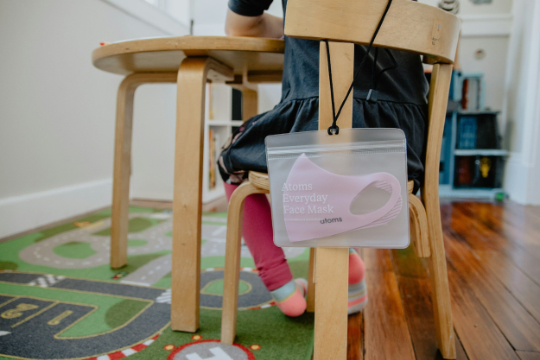
While funding for our COVID Taskforce ended last year, we still like to keep an eye on the evidence. Here, ALEC’s Director of Evidence and Methods Heath White shares a snapshot of the latest RECOVERY trial developments…
Paediatric inflammatory multisystem syndrome (PIMS) is a rare systemic hyperinflammatory state and has been shown to be temporally associated with SARS-CoV-2 infection (PIMS-TS).
Usually occurring in young children two to six weeks after infection with SARS-CoV-2, the condition can result in gastrointestinal complications, myocarditis and renal impairment and can be serious if not treated quickly and effectively.
In late January, the RECOVERY trial group (who have previously published numerous large-scale and well conducted clinical trials in COVID-19) published results of a study assessing the safety and effectiveness of multiple therapeutics in children with PIMS-TS. Consisting of 237 children with PIMS-TS across 51 hospitals in the UK, this is by far the largest trial published to date exploring treatments for this important sub-population of individuals with COVID-19.
The trial was conducted in two stages: in the first stage, children were randomised to either methylprednisolone, immunoglobulin or usual care. In the second stage, children who did not respond to first-stage interventions and who had ongoing fever and inflammation were randomised to either tocilizumab, anakinra or usual care.
Results from the trial demonstrated a reduction in intensive care and hospital stay and a reduced need for escalation of immunosuppressive treatment in children who received methylprednisolone, and these benefits were also observed in children who subsequently received tocilizumab. In both cases, these beneficial effects were accompanied by an increased requirement for the use of inotropes.
Although no benefit was observed in children treated with intravenous immunoglobulin, this was used as a stand-alone treatment added to usual care and it remains unclear whether there may be a synergistic effect when combined with other therapeutics.
The National Clinical Evidence Taskforce currently recommends the use of systemic corticosteroids (dexamethasone or equivalent) and tocilizumab (particularly where there is evidence of systemic inflammation) in children. In addition, the Taskforce provides specific recommendations for children with PIMS-TS supporting the use of intravenous immunoglobulin plus steroids (e.g. methylprednisolone or equivalent), with the addition of a biologic agent (for example anti-IL-1, anti-IL-6 and anti-TNF) and low-dose aspirin.
Evidence from the RECOVERY trial supports the above recommendations and demonstrates that the use of systemic corticosteroids and tocilizumab probably improves the recovery of children with PIMS-TS. Although the COVID-19 guidelines are no longer being actively updated, The Taskforce will continue to monitor for important studies with impactful results and further updates will be provided should any be identified.